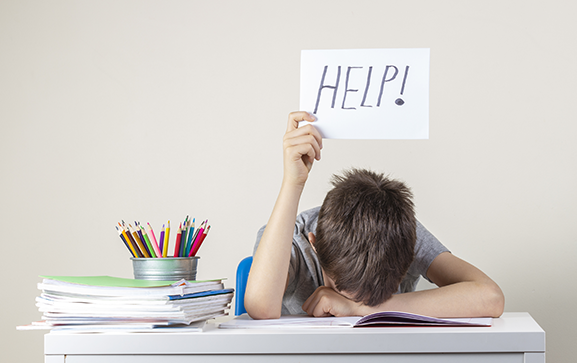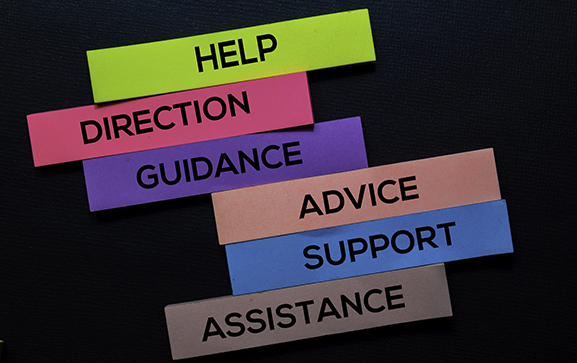
Many times, the factors behind students’ academic, social or emotional struggles are complex and overlapping. Children and adolescents experiencing difficulties may not be able to express their troubles or the feelings that go with them through words and language. Often, the message is delivered through behaviors that are not appropriate, polite, or kind, or allowable.
Using Behavioral Success Coaching, positive interventions, strategies, and support systems are developed specifically for each client and family and are used to teach and encourage new and better behaviors. These can target communication skills, social skills, self-regulation, anger management, or other areas of concern. Behavioral Success Coaching aims to reduce problem behaviors, teach new behaviors, and increase learning and life opportunities.
Modifying a child’s natural responses to their environment and changing purposeful or unintended behavior is not easy. It is a process and takes time. However, with targeted attention and clear, consistent communication, change is possible. Once problematic behaviors have decreased, time and efforts toward improving academic achievement are more productive.
If your child exhibits disruptive behaviors, a record of disciplinary action, or other indications that internal struggles are manifesting in outward, observable ways, it may be time to address the situation and get professional help for your child and your family.
Behavioral Interventionists have years of education and training. Pro-active behavior modification methods and positive reinforcement strategies are based on evidence-based best practices. Appropriate approaches vary by age and circumstances and may be used effectively with students from pre-school through high school.


Every child and the circumstances that lead to behavioral intervention are unique.
A needs assessment will be conducted that incorporates client, parent, and teacher input into defining and measuring the problem behavior(s) (when does it happen, where does it happen, etc.).
The information is collected and analyzed to develop a behavioral plan that addresses the best ideas about how to create positive change for that individual. Data collection may be conducted through observations, surveys, or questionnaires completed by relevant adults.
Behavioral Success Plans will include positive strategies to avoid or prevent targeted behaviors, new skills to replace the problematic behaviors, ways to teach and manage new behaviors, how to handle consequences surrounding unwanted or inappropriate behaviors, materials, training, or support systems to implement the plan, ongoing data collection to document changes, and timelines for review and monitoring progress.
Examples of positive intervention strategies may include designing routines, implementing silent signals, assigning tasks, and setting realistic expectations and accountability.
Kimbyr Cogliano, ABA Specialist
Emily Glick

Our professional staff are here to help ensure that you and your student have the information and guidance needed to enrich and enhance life experiences.








